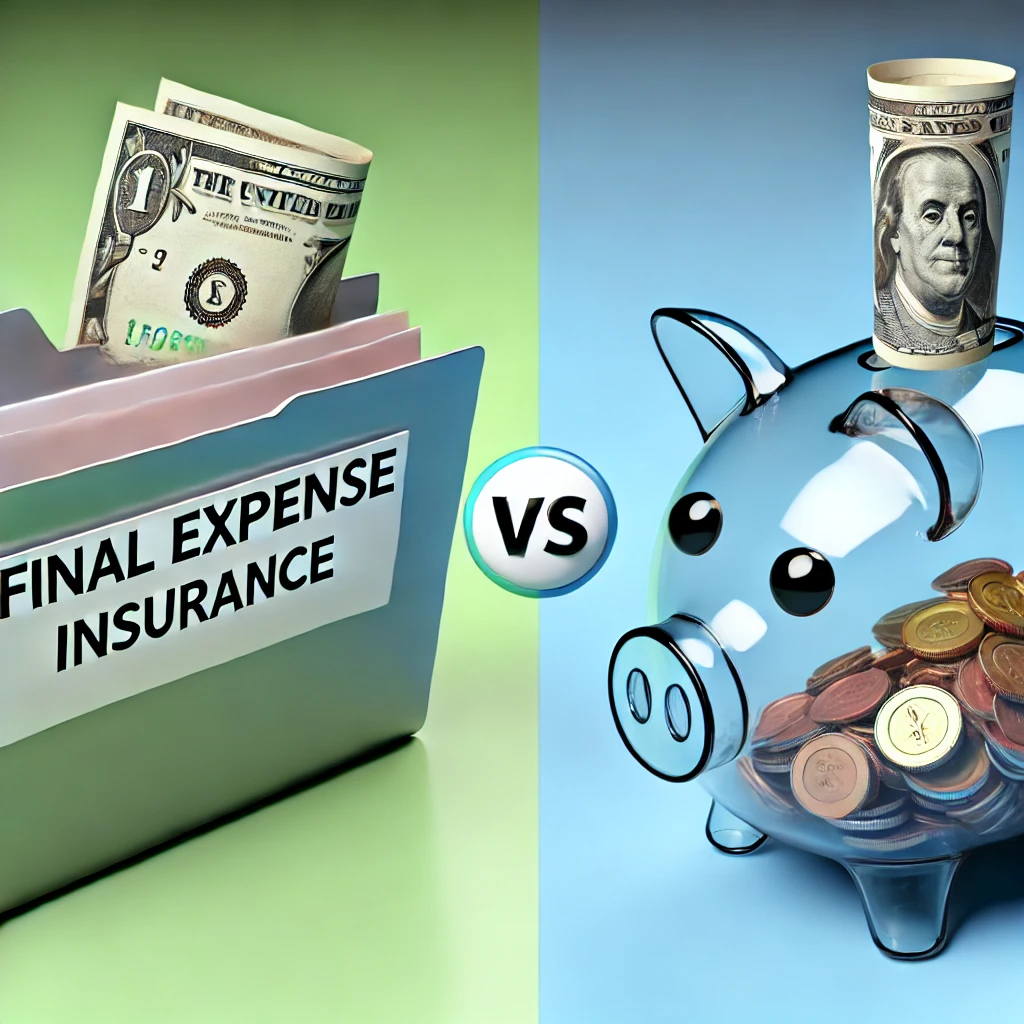
Navigating the financial maze of end-of-life expenses can be overwhelming, and many find themselves torn between buying final expense insurance or paying cash. So, which is better: buying final expense insurance or paying cash? The choice largely depends on your financial situation, future goals, and personal preferences. With final expense insurance, you can ensure that your loved ones are not burdened with funeral costs, while paying cash might save you on premiums but requires having the funds readily available. As you weigh these options, it’s crucial to understand the benefits and drawbacks of each to make an informed decision that aligns with your family’s needs.
Understanding Final Expense Insurance
Final expense insurance, often called burial or funeral insurance, helps cover end-of-life costs. It offers peace of mind by ensuring that loved ones aren’t burdened with hefty bills when someone passes away.
Key Features of Final Expense Insurance
- Affordable Premiums: Typically, final expense policies have lower premiums compared to other life insurance types. This makes it accessible for seniors and those on a fixed income.
- Simplified Underwriting: Many policies don’t require medical exams. Instead, they ask a few health-related questions. This quickens the approval process.
- Fixed Death Benefit: The payout amount is usually smaller, typically between 5,000 and 25,000. It covers funeral costs, medical bills, or other end-of-life expenses.
Pros of Final Expense Insurance
- Predictable Costs: With fixed premiums, budgeting becomes easier. You know exactly what you’ll pay each month.
- Dedicated Coverage: The policy specifically targets final expenses, ensuring funds are available when needed most.
- Peace of Mind: Provides assurance that loved ones won’t face financial strain upon your passing.
Cons of Final Expense Insurance
- Limited Coverage Amount: The death benefit might not cover extensive debts or large expenses beyond funeral costs.
- Higher Cost per Dollar of Coverage: Compared to term life insurance, final expense policies can be more expensive per unit of coverage.
- Cash Value Accumulation: While some policies build cash value, it grows slowly and may not be significant.
Who Should Consider Final Expense Insurance?
- Seniors: Especially those without any other life insurance coverage.
- Individuals with Health Issues: Those unable to qualify for standard life insurance.
- People on a Fixed Budget: Anyone looking for a predictable, manageable premium.
Final Expense Insurance vs. Prepaid Funeral Plans
| Feature | Final Expense Insurance | Prepaid Funeral Plans |
|---|---|---|
| Flexibility | Funds can be used for various expenses | Limited to specific funeral services |
| Portability | Remains valid if you move states | May lose value if you relocate |
| Beneficiary Choice | Policyholder assigns any beneficiary | Usually tied to a funeral provider |
Final expense insurance provides a straightforward solution for covering end-of-life expenses. It offers an affordable, accessible option for many, ensuring that loved ones can focus on grieving rather than financial burdens.
Choosing between buying final expense insurance and paying cash for end-of-life costs depends on personal circumstances and financial goals. Final expense insurance offers peace of mind and financial protection for loved ones. It ensures that funds are available promptly when needed. This option is especially beneficial for those who may not have substantial savings set aside specifically for funeral costs.
On the other hand, paying cash gives you complete control over your money. It avoids monthly premiums and allows for flexible allocation of resources. This choice suits individuals with sufficient savings who prefer to manage their finances independently. Ultimately, weigh the pros and cons of each option, considering your financial situation, family needs, and preferences. Make an informed decision that aligns with your long-term financial planning.
